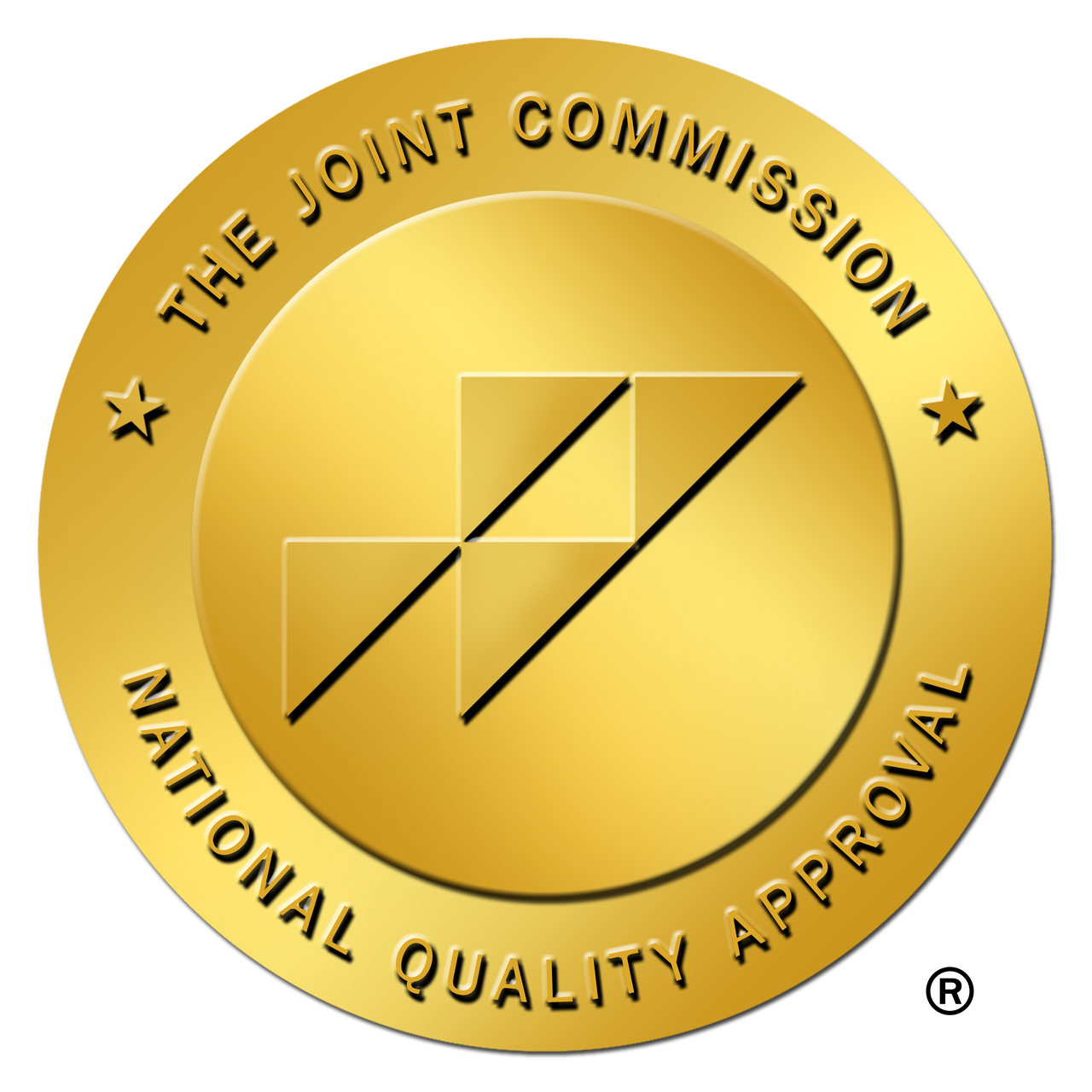
In 2020, more than 17 million adults in the U.S. experienced mental health issues that were coupled with a substance abuse disorder. To help provide insight into the link between substance abuse and mental health, and help those in Montgomery county with co-occurring disorders find treatment, The Valley has created this guide.
A person who struggles with both a mental health condition as well as a substance abuse issue is considered to have what’s called a “co-occurring disorder” or “dual diagnosis.” Dealing with either a mental health problem such as depression, anxiety, or PTSD is often challenging enough by itself, but with substance abuse (and vice versa), the challenge is even greater.
Co-occurring disorders come with their own set of symptoms that can greatly impair someone’s ability to function at work or school, maintain a stable lifestyle, or handle unexpected difficulties. What’s more, co-occurring disorders affect one another and exacerbate the severity of each disorder's symptoms. So, when drug or alcohol use increases, issues with mental health increase as well.
Because the two issues play off of each other, it can be very difficult for an individual to break the cycle, and over time, the issues are likely to become worse if both are not treated. That’s why it’s crucial for someone with co-occurring disorders to be treated for both their mental health condition and their substance abuse issues at the same time.
While substance abuse and mental health conditions are closely linked, one is not necessarily responsible for the development of the other. However, abusing drugs or alcohol can prolong and worsen symptoms of anxiety, depression, and other mental health problems.
Those with co-occurring disorders are more likely to be using drugs or alcohol to self-medicate for an undiagnosed or untreated mental health condition. This is a key reason that mental health problems and substance abuse can be found together, and why the conditions exacerbate one another.
Essentially, if you have a co-occurring disorder, it’s likely that you used drugs or alcohol to try and mitigate depressive or anxious symptoms for temporary relief, but became reliant on a substance that is actually making you feel worse. And, unfortunately, not only does drug and alcohol abuse perpetuate mental health problems, but it can lead to the development of new symptoms and conditions over time.
Although you might think that a substance abuse problem is defined by the kind of substance you use, this is actually not the case. Instead, it has more to do with the effects your drug or alcohol use has on your life and relationships.
The following are a few common signs or symptoms of substance abuse:
Common symptoms of depression:
Signs of an anxiety disorder:
While these are common signs or symptoms of mental health conditions or a substance abuse problem, you should always speak with a mental health professional to help understand your symptoms.
The Valley is a substance abuse treatment center that offers full, inpatient residential services for those seeking help with their substance abuse problems. Our counselors are highly trained in treating and supporting people with co-occurring disorders.
If you or a loved one are ready to begin recovery, get in touch with us today.
 ® The Valley®
® The Valley®



